In a breakthrough study, scientists have found an antimalarial drug used in ancient Chinese medicine could effectively treat women with PCOS. The study found that women who took the herbal extract artemisinin for 12 weeks experienced more regular periods, suggesting that the extract may be able to control the production of too much testosterone read more
)
Polycystic ovary syndrome (PCOS) is one of the leading cause of infertility. In a series of detailed experiments in mice and rats with a PCOS-like condition, scientists. Reuters/Representative Image
Polycystic ovary syndrome (PCOS) is one of the leading causes of infertility.
It affects an estimated eight to 13 per cent of reproductive-aged women and up to 70 per cent of them remain undiagnosed globally, according to the World Health Organization (WHO).
In a breakthrough study, scientists have found an antimalarial drug used in ancient Chinese medicine could effectively treat women with PCOS.
The team of Chinese researchers conducted a small trial successfully and published their findings in the Science journal.
The study reportedly has the potential to lead to an entirely new approach to treating the condition.
Women who took the herbal extract artemisinin for 12 weeks experienced more regular periods, suggesting that the herbal extract may be able to block the ovaries from creating too much testosterone or androgens, male sex hormones that are usually present in women in small amounts.
Let’s take a closer look.
Using anti-malaria drug to treat PCOS
The medication lowered testosterone and increased fertility, according to a series of extensive tests conducted in rats and mice with a disorder resembling PCOS.
Following that, the researchers ran a 12-week pilot study in which they administered artemisinin to 19 women with PCOS.
Hormone levels were significantly lowered, follicular activity was reduced in an ultrasound scan, and 63 per cent of the women, could resume regular periods without any side effects.
According to the study, artemisinin inhibits CYP11A1, an enzyme essential for the ovaries’ ability to produce testosterone.
Prof Qi-qun Tang, who led the research at Fudan University in Shanghai, was quoted by The Guardian, “Based on our findings, artemisinins are promising candidates for treating PCOS because they strongly inhibit ovarian androgen synthesis, reduce immature follicles, and improve the (menstrual) cycle.”
After the women stopped taking the medication, their periods continued to occur on schedule for a total of 12 weeks.
“We are now extending this observation period to determine if there is a relapse after a longer period without the drug,” said Tang.
His team was now working to refine the dosage and timing of the medication with the intent to conduct a larger clinical trial.
“It’s very rare that you get a brand new development in a really important condition, so this is big,” said Dr Channa Jayasena, a clinical senior lecturer at Imperial College London, who was not involved in the research, told the UK-based outlet.
“It’s a tremendous potential breakthrough and really welcome as women’s health problems have not traditionally received the attention that heart disease and cancer have.”
To evaluate any possible dangers associated with using the medication for an extended length of time, a larger trial is still required.
Whether the medication increases fertility is another unsolved matter.
The use of a hormone-suppressing medication during pregnancy may have certain benefits, but there may also be serious risks.
“It could be a double-edged sword if it helps you become pregnant,” Jayasena said, adding, “Then you have to show it’s safe in pregnancy.”
About PCOS
According to Johns Hopkins Medicine, PCOS is a condition in which the ovaries produce an abnormal amount of androgens, male sex hormones present in women in small amounts.
The numerous little cysts (fluid-filled sacs) that develop in the ovaries are referred to as polycystic ovarian syndrome. However, some women do not develop cysts while having this disorder, and some women may develop them without this disorder.
The hormonal imbalance prevents the ovary’s follicles from growing in a conveyor belt-like manner during ovulation, when one follicle is chosen each month to fully mature and produce an egg. Follicles in PCOS are hyperactive, which causes many tiny follicles to mature at once.
Moreover, PCOS can run in families. It’s common for sisters or a mother and daughter to have PCOS.
Symptoms and treatment
Numerous patients experience the onset of insulin resistance, which increases the risk of obesity, heart disease, and diabetes, among other wide-ranging health effects. Acne and excessive facial hair can also be caused by elevated testosterone levels.
Other signs of the disorder include thinning hair or male-pattern baldness, areas of thick or dark skin under the breasts, in the armpits, and on the back of the neck, as well as little bits of extra skin (skin tags) on the armpits or neck, as per John Hopkins Medicine.
“The name (of the syndrome) makes it sound like it just affects the ovaries, which does a disservice to women. It’s a body-wide disease. You’re more likely to have obesity, heart disease, too much hair, acne, as well as irregular periods and fertility problems,” Jayasena told The Guardian.
One of the current treatments for PCOS is the contraceptive pill, which inhibits the production of testosterone and helps control irregular periods and other cosmetic problems.
For PCOS women who are unable to conceive, fertility medications or surgery can also help induce ovulation. Such treatments aren’t appropriate for everyone, and they’re not always effective.
With inputs from agencies

 3 months ago
21
3 months ago
21

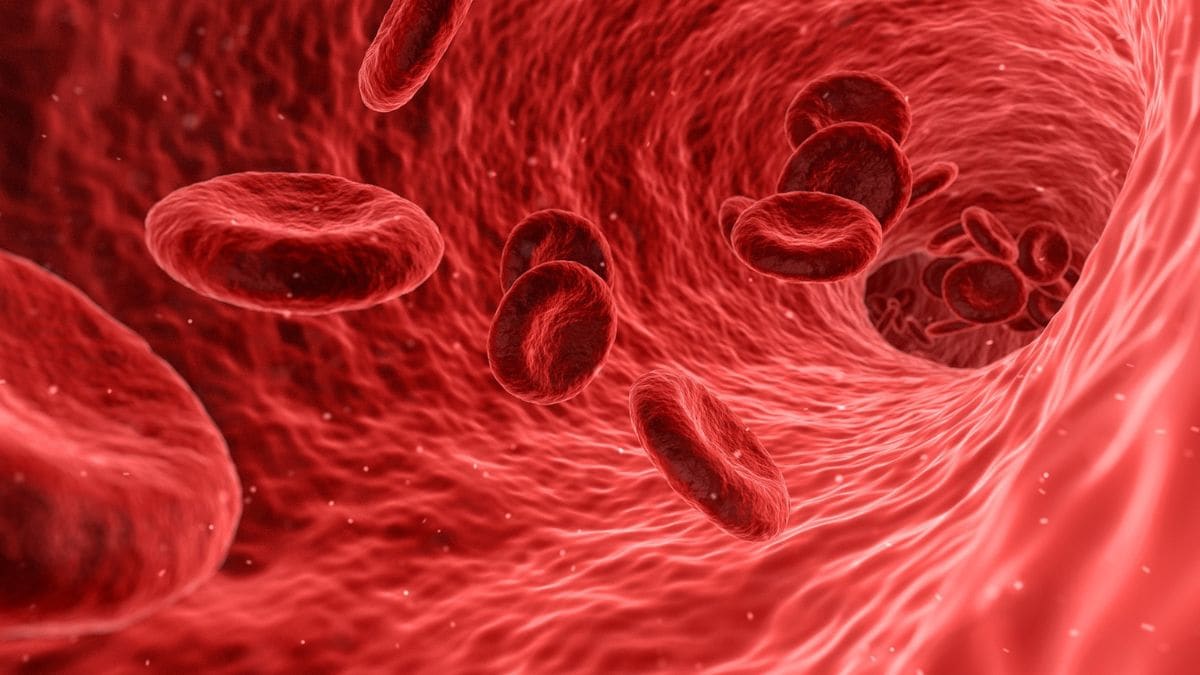

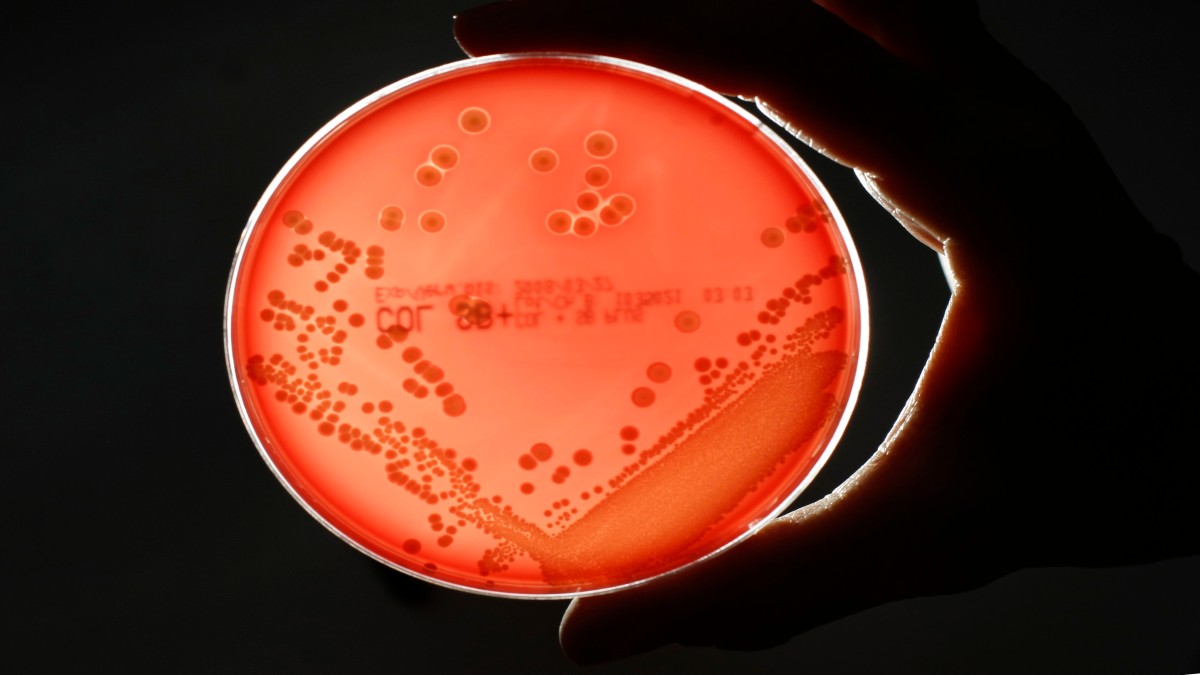



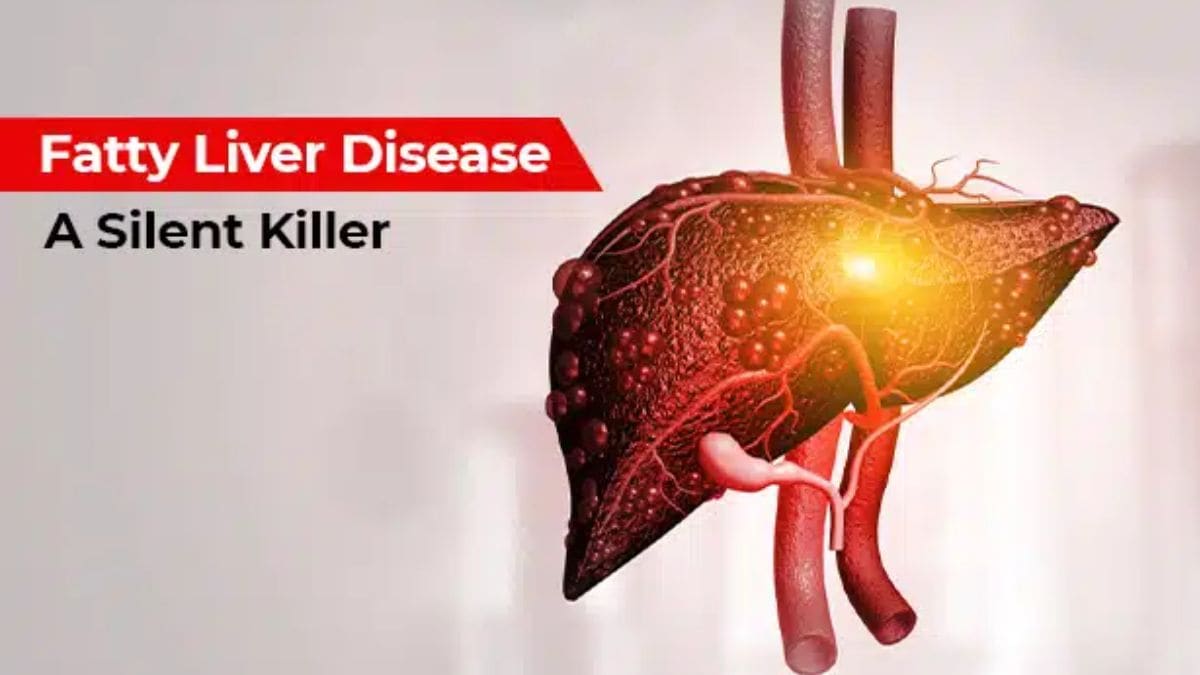

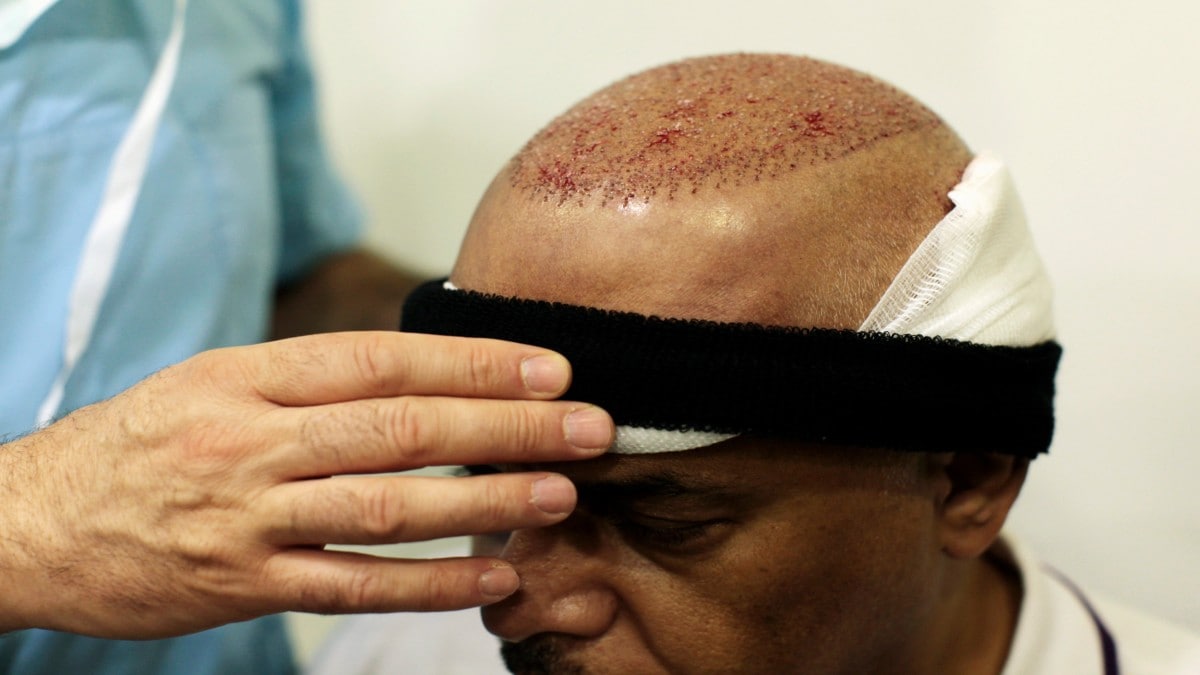


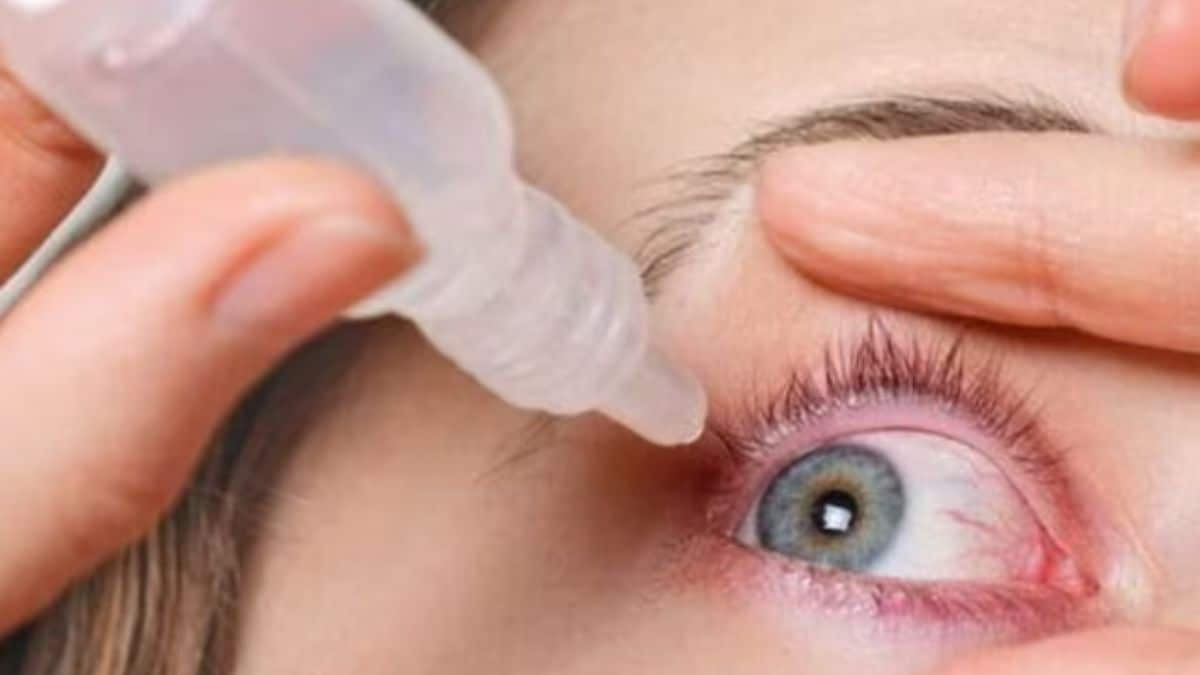





)
)
)
)
)
)
)
 English (US) ·
English (US) ·